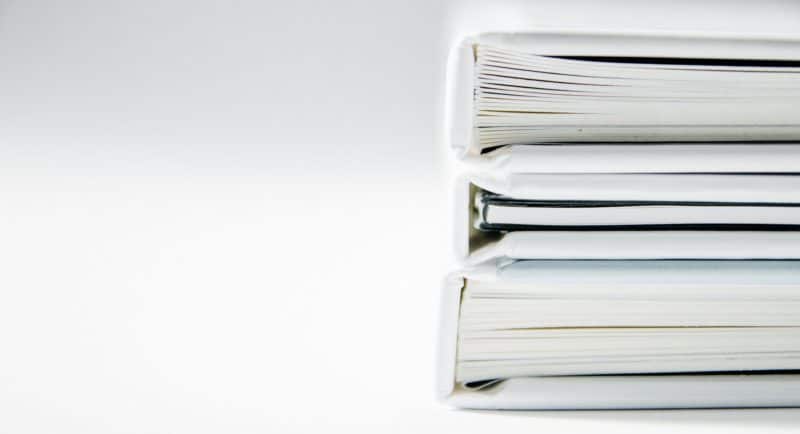Looking After Your Private Documents
Do you have a shoebox under the bed at home that is full of your important and private documents? Or do you cram them in your desk drawer alongside your business documents? Well, if you’re doing either of these things, your private documents aren’t very safe… and should you need to find a document quickly you may find yourself desperately throwing papers in the air!
The last thing you want is for an important document to get into the wrong hands. Depending on the nature and content of the document, highly confidential and personal information could be leaked.
Therefore, it is important that you look after your private documents. Here are five top tips to help you do just that:
1.Organise your documents
The first thing you need to do is organise your documents – before you even think about where you are going to store them. Invest in box files, ringbinder folders, expanding files, document boxes and so on. Label them so you know what each one contains and put the oldest / least relevant to the bottom so that you can keep adding the newest to the top. Then, when you need to access your documents, you know exactly where to look.
- Store your documents somewhere safe from
It is important that you store your private documents somewhere where they are both safe from prying eyes or accidental damage. You may want to consider using a storage unit – with extensive security (including CCTV cameras, PIN access, high perimeter fencing, smoke and fire detection equipment as well as your own padlock and key or an alarmed unit), you will have peace of mind that your documents are safe. Plus, having 24 hour access means you can get hold of your documents whenever you need to.
- Make sure you have copies
Once you have decided where you are going to store the originals, you should make copies of the most important ones before you put the originals away. Then, your copies should be stored separately, but just as safely. You can then use the copies for reference or when an original isn’t required. You may want to invest in a safe – but make sure it is both fireproof and waterproof and unable to be removed from your home. If it has a key, it should be well hidden, but accessible. If the safe requires a code, ensure it is memorable but not obvious.
- Use a safety deposit box for legal documents
When it comes to legal documents you may want to consider putting these in a safety deposit box, which is a secured container held within a larger safe or bank vault. There are rigorous identity procedures before allowing access to the box, including swiping an identity card, photo check, fingerprint scan, followed by passing through an airlock before entering an explosive-proof strongroom and opening your box with a key.
- Tell someone where your documents are
Don’t forget to tell someone you trust about the location of your documents! Should anything happen to you, this person can sort through your documents and prepare whatever paperwork needs doing to administer your affairs. The best person to tell would be a parent or a partner. But, for the legal documents, you may want to let your solicitor know you’ve kept them, or at least leave a copy with them.
Featured Post

